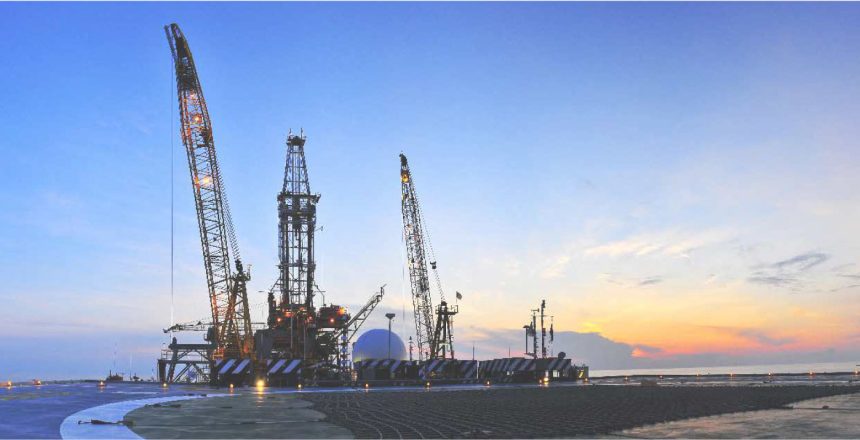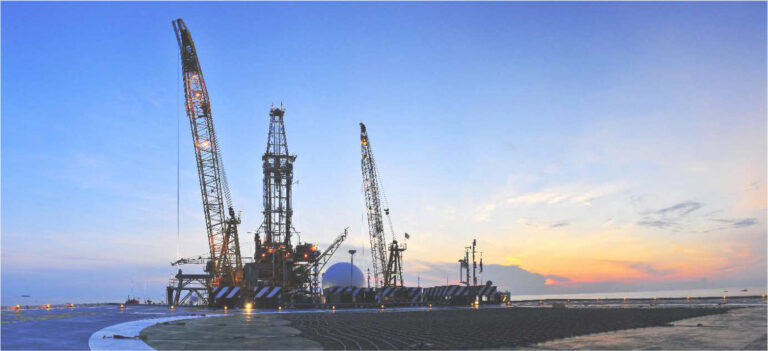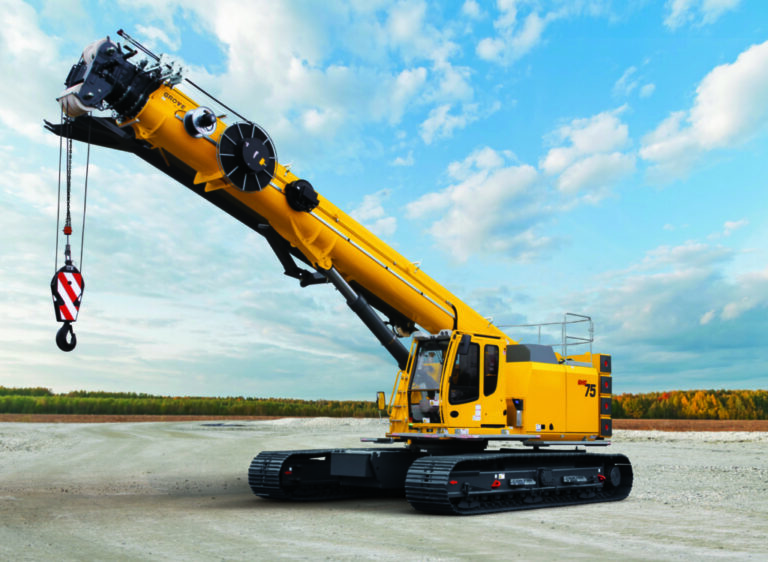LOLER Stands For The Lifting Operations and Lifting Equipment Regulations
LOLER is an abbreviation of Lifting Operations and Lifting Equipment Regulations 1998. It is commonly referred to as the LOLER regulations or LOLER 98 regulations. The LOLER regulations came into force on 5 December 1998. LOLER was brought in to replace existing legislation relating to the use of lifting equipment, for example the Construction (Lifting Operations) Regulations 1961, the Lifting Plant and Equipment (Records of Test and Examination etc) Regulations 1992 and the Docks Regulations 1988.
Why was LOLER Introduced?
LOLER Standing for The Lifting Operations and Lifting Equipment regulations was introduced in 1998
They replaced the Construction and Use (Lifting) regulations of 1961, as seen above, which required each piece of lifting equipment to undergo an overload test every four years. It was later found this wasn’t the best way about going ensuring the continued safety of the lifting equipment.
The aged legislation was replaced because certain types of lifting equipment are prone to damage during conventional overload tests. LOLER inspections or a Lifting equipment inspection, which involve a report of thorough examination each year, are much less intensive and therefore don’t affect the lifespan of this lifting equipment. As they are able to be performed more regularly, they also better ensure the performance and the continued safety of the lifting equipment.
Why is LOLER Enforced?
Now you know what LOLER Stands for you’re probably now wondering why do i need it? Well Lifting operations require a competent person and the safe and continued performance of lifting equipment and accessories in order to ensure the work is undertaken in a safe and efficient and compliant manner. LOLER is in place to ensure that safe and continued performance of the equipment but to also ensure those using the equipment.
LOLER 1998 requires all lifting operations must be properly planned by a ‘competent person’, . This means that workers must be properly trained to handle lifting equipment. This is achieved through courses such as Lifting Equipment Inspection Course, Rigging and Slinging courses and appointed person. Sites ought to be properly inspected and work must be planned thoroughly by somebody with appropriate experience and knowledge before any work takes place ie a competent person!
The whole point of LOLER is to reduce the risk involved in lifting operations and concerned with lifting equipment. This requires lifting operations to be:
- Planned properly
- Undertaken by people who are sufficiently competent
- Supervised appropriately
- Carried out in a safe manner.
Crucially, LOLER also requires lifting equipment to be regularly inspected and suitably marked to indicate that it is safe to use, or shouldn’t be used. The Health and safety executive also ask that all reports and records of thorough examination’s are kept in order and any defects MUST be reported to the relevant authority ie the site manger .
Hopefully we’ve successfully answered your question and your now know what LOLER Stands for.
More Articles on LOLER 1998
LOLER Stands For
LOLER Stands For The Lifting Operations and Lifting Equipment Regulations...
Read MoreWhat is LOLER 1998?
What is LOLER 1998? A common question that is often...
Read More


